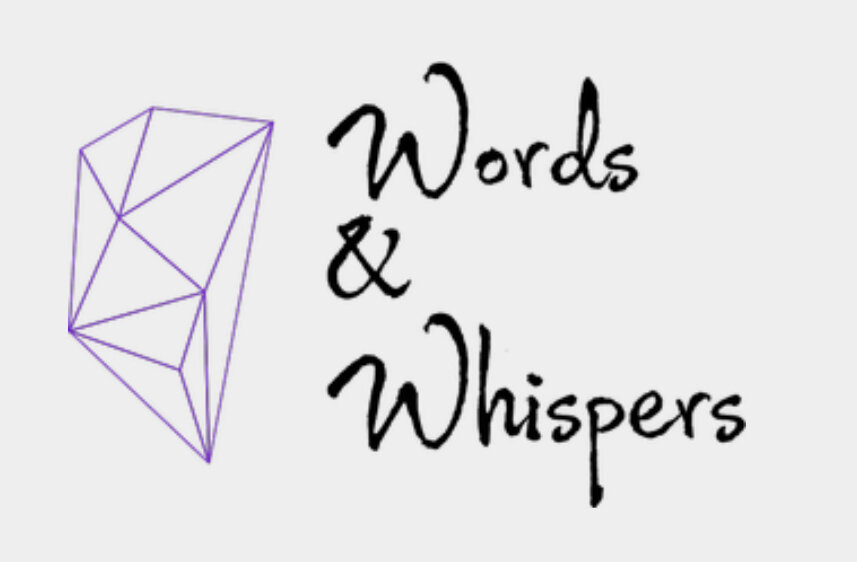Editor’s Note
Ashley Renselaer, Founder & Editor-in-Chief
Dear Readers,
When Seamus Heaney spoke of the center of a Shakespearean sonnet as the “unpredictable strike into the realm of pure being”, he drew our attention to the unforeseeable raw emotional and intellectual experience awaiting us upon tumbling into a new poem. Often the encounter with a new poem affects us in ways we instinctively perceive and yet can barely express. All along, we are filled with its “strike”, consumed with its meaning to which we, each of us, uniquely relate. It is this open-ended, nuanced, and layered nature of a remarkable poem that lingers with us, nurturing and sustaining the experience.
The writers and poets in Issue 12 of Words & Whispers bring forth the unforeseen consequences of falling into metaphors, imagery, and meaning. They pull us unexpectedly into their orbit, grant us a sense of power we can intuit but not fully parse, challenging and exciting us all the while. In James G. Piatt’s poem “On the Edges of My Memory”, a remarkable dance of death and memory storms our senses: “on the edges of my memory, I see images of the / past echoing in the coals in the fireplace and / vanishing into curling smoke up the chimney. I look / up to the sky, wondering about the weight of these / memories, as I watch dim silver-colored lights / flickering through the rain-streaked windows in the / library. The swift gales of winter are battering the / old house, disrupting the rhythm of my aging mind”. In Nicole Gordon’s “Nostalgie”, we are swept into the realm of childhood’s innocence, beauty, and turmoil: “While Momma works magic, I close my eyes and pretend. Pretend my skin is three shades lighter. What would I look like? Would I have blue eyes? Green? Hazel? For once, something other than the muddied brown. Maybe I would look just like Sara and her twin. Maybe I’d look like everyone else. Sometimes I get tired of being the one who stands out.” In Lindi Dedek’s “Coming Back on the C Line from Musee d’Orsay”, and John Grey’s “Today in the Art World”, we ponder the fate of art. In Salvatore Dilfaco’s “Report from the Frontal Lobe”, we follow the unraveling of a mind in the shadow of dementia; “Where are we going, Kapitan? / I must record it in my diary. / I must report it to the authorities. I must tell them that I fear you / are leading us into obscurity – and that the Medizin isn’t working”.
The unpredictability of poetry tells us that reading a poem is not a passive act, but a most engaging experience that holds us captive. We are struck and held by the power of the words and the poem does not end upon being read, as it continues to live in us. I hope that Words & Whispers’ Issue 12 will grant you plenty of those inspiring unforeseen delights.
Humbly,
Ashley Renselaer
Founder & Editor-in-Chief
Words & Whispers Literary Journal
